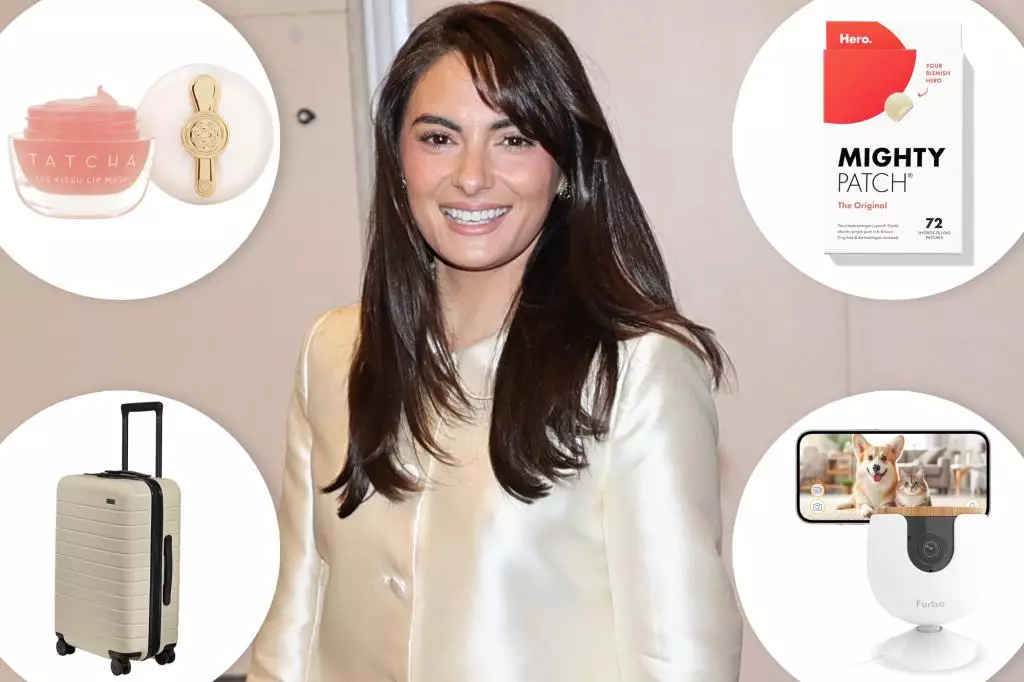In today’s digital age, celebrity endorsements are no longer confined to glossy magazine ads or high-profile commercials. Instead, influencers like Paige DeSorbo leverage their social media platforms to shape consumer perceptions and purchasing habits. Their recommendations carry a weight that can propel lesser-known brands into stardom overnight. This evolving marketing paradigm demonstrates how trust and personal branding intersect to influence buying decisions, often more powerfully than traditional advertising. When a popular figure shares their favorite products or shopping experiences, followers are more likely to emulate these choices, perceiving them as authentic and trustworthy.
Power of Authenticity and Relatability
What sets influencers apart from conventional celebrities is their ability to connect on a more personal level with their audience. Paige DeSorbo’s candid Amazon Live session, where she openly discusses her shopping cart and preferred products, exemplifies this phenomenon. This approach breaks down the barrier between consumer and celebrity, fostering a sense of intimacy and reliability. Followers see her not just as a distant star but as a relatable individual who shares their tastes and needs. Consequently, her endorsements feel less like paid advertisements and more like friendly recommendations from someone who genuinely believes in the products.
Implications for Brands and Consumers
Brands like Away recognize the immense value of influencer partnerships. With DeSorbo showcasing her favorite luggage in Italy, they effectively tap into her credibility to boost sales. This symbiotic relationship benefits both parties: the celebrity maintains relevance and authenticity, while brands gain exposure to targeted audiences that are already inclined to trust their recommendations. For consumers, this dynamic offers a curated shopping experience that’s both engaging and efficient, especially during major sales events like Prime Day. However, this also raises questions about transparency and the potential for oversaturation. As more influencers promote products, discerning genuine endorsements from paid promotions becomes increasingly challenging.
Critical Perspectives and Ethical Concerns
While influencer marketing can be highly effective, it’s not without its pitfalls. The blurred lines between genuine opinion and paid promotion can erode trust. As critics might argue, some influencers may prioritize sponsorships over authentic preferences, leading to skepticism about the true value of their recommendations. Moreover, the emphasis on consumerism fueled by these endorsements can contribute to impulsive spending and materialistic tendencies. It’s essential for consumers to approach influencer content with a critical eye, recognizing the commercial motives behind such endorsements while still appreciating genuine insights from relatable figures.
The Future of Influencer-Driven Commerce
Looking ahead, the power of influencer marketing is poised to grow even further, especially as technology advances and social platforms evolve. Personalization algorithms will likely sharpen, making influencer recommendations more targeted and effective. However, ethical standards and transparency must also adapt, ensuring that audiences can easily identify sponsored content. For influencers like Paige DeSorbo, authenticity remains their strongest asset—balancing commercial interests with genuine sharing is crucial for maintaining long-term trust. For brands, fostering transparency and aligning their values with influencer partnerships will be key to sustaining credibility in an increasingly competitive digital landscape.
Note: This article critically examines the implications of celebrity influence on consumer behavior, emphasizing both the persuasive power and ethical considerations of modern influencer marketing. It offers a nuanced perspective that recognizes the benefits while questioning the possible drawbacks.


Leave a Reply